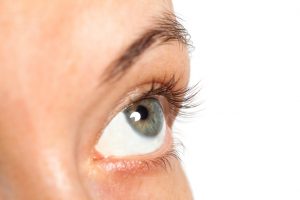
Majority of corneal ulcers are preventable, so taking the necessary measures can reduce your risk. If you develop a corneal ulcer, immediate treatment is necessary to properly heal it and avoid additional complications.
What are the causes of corneal ulcers?
The following are common causes of corneal ulcers.
- Bacterial infections
- Viral infections
- Fungal infections
- Tiny tears on the cornea
- Disorders causing dry eyes
- Disorders affecting the eyelid and preventing it from closing
- Chemical burns or other damaging solutions on the cornea
There is a heightened risk of developing corneal ulcers in persons who wear contact lenses. Trapped particles in the contact lens, bacteria, extensive wear, and scratches at the edges of the contact lens can all contribute to the ulceration of the cornea.
Corneal ulcer risk factors
You are at a higher risk for developing corneal ulcers if you wear contact lenses, if you have cold sores, shingles, or chicken pox, if you use steroid eye drops, if you have dry eyes, if you have an eyelid disorder, and if you have suffered injuries or burns to your eyes.
Signs and symptoms of corneal ulcers
You should see a doctor right away for your corneal ulcer in case of vision changes, severe pain, obstruction in the eye, discharge from the eye, a history of eye scratches, and chemical and toxin exposure.